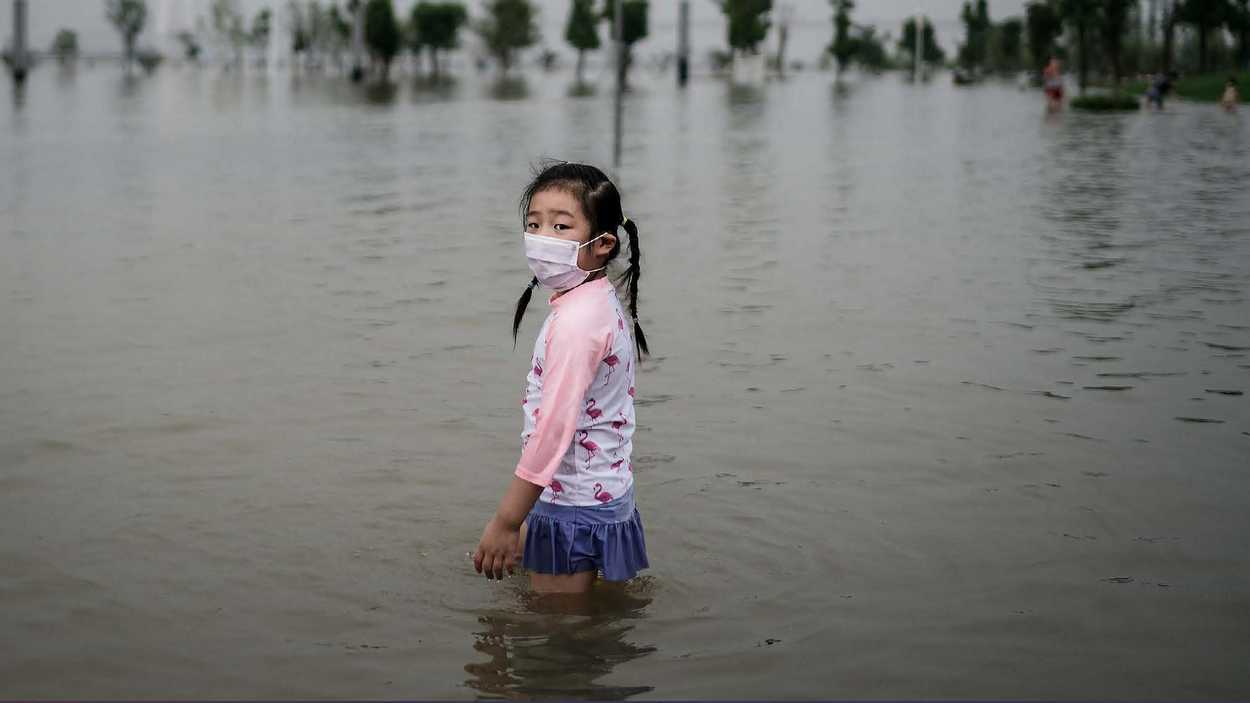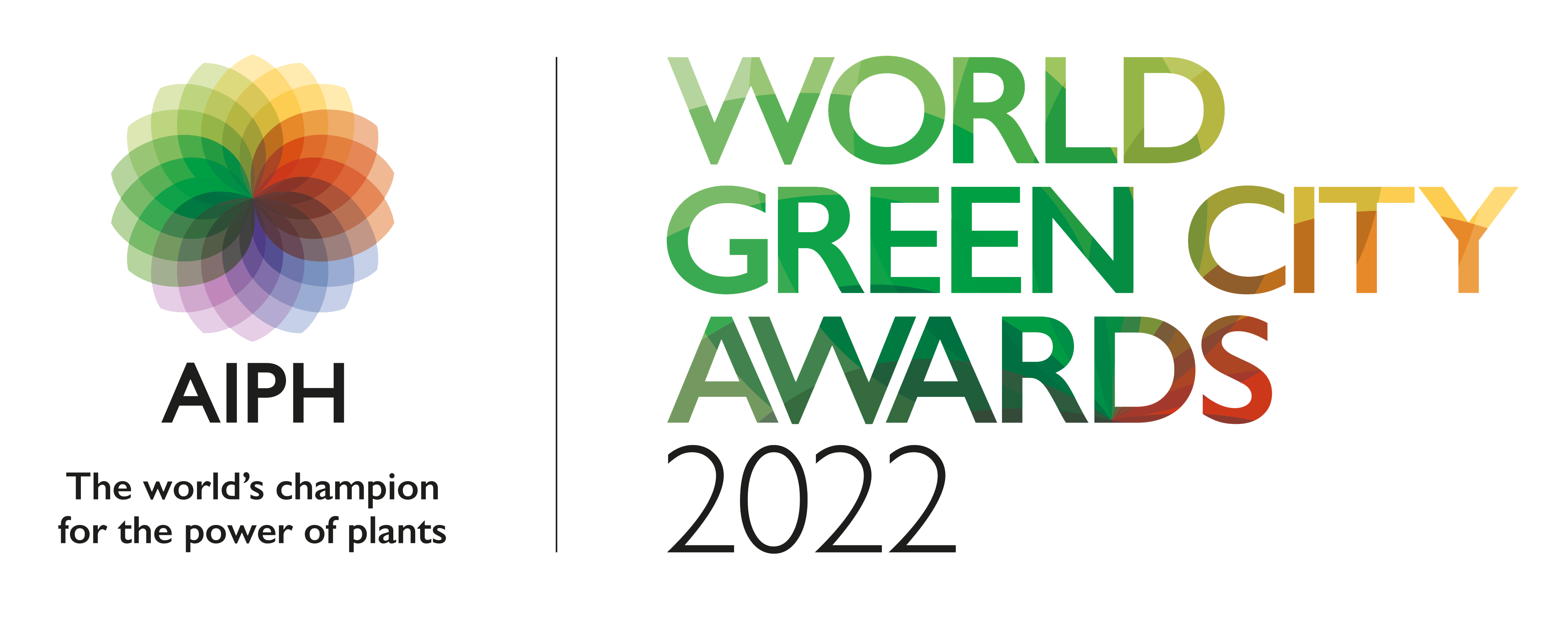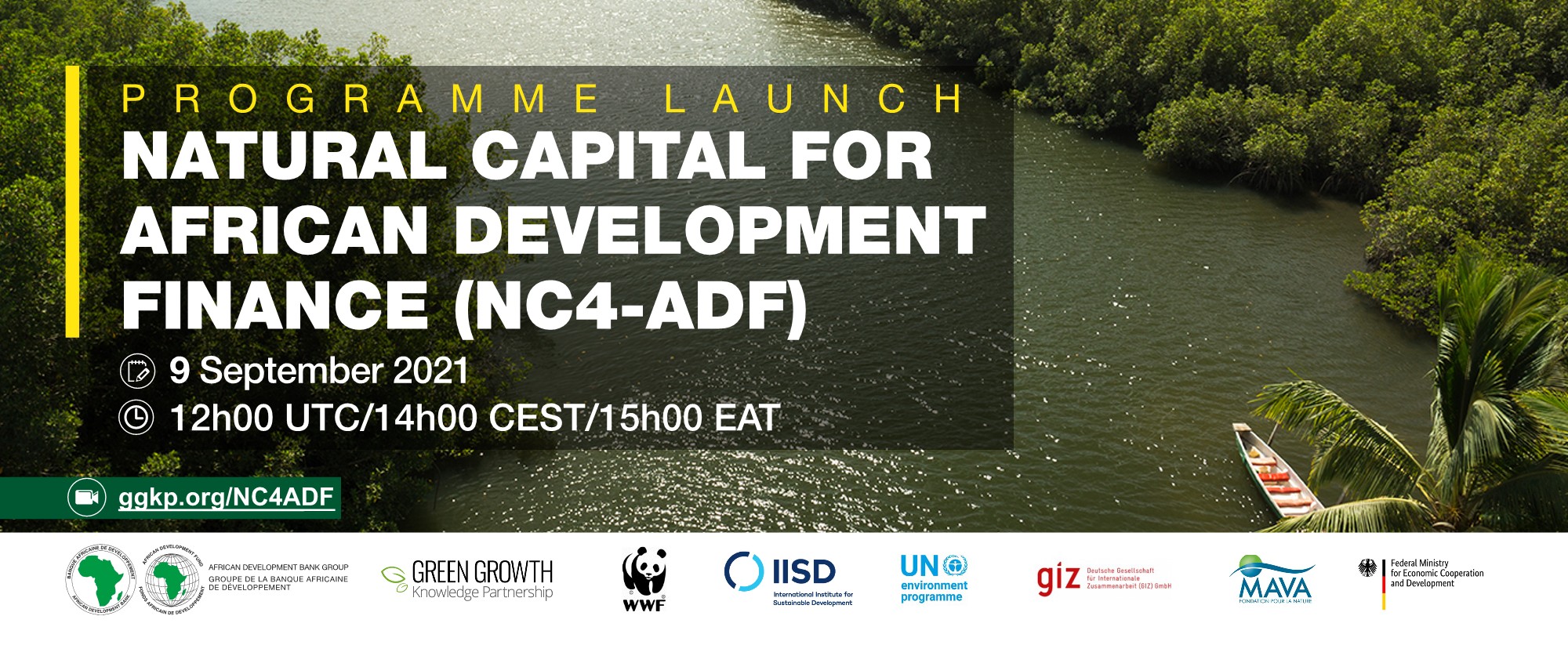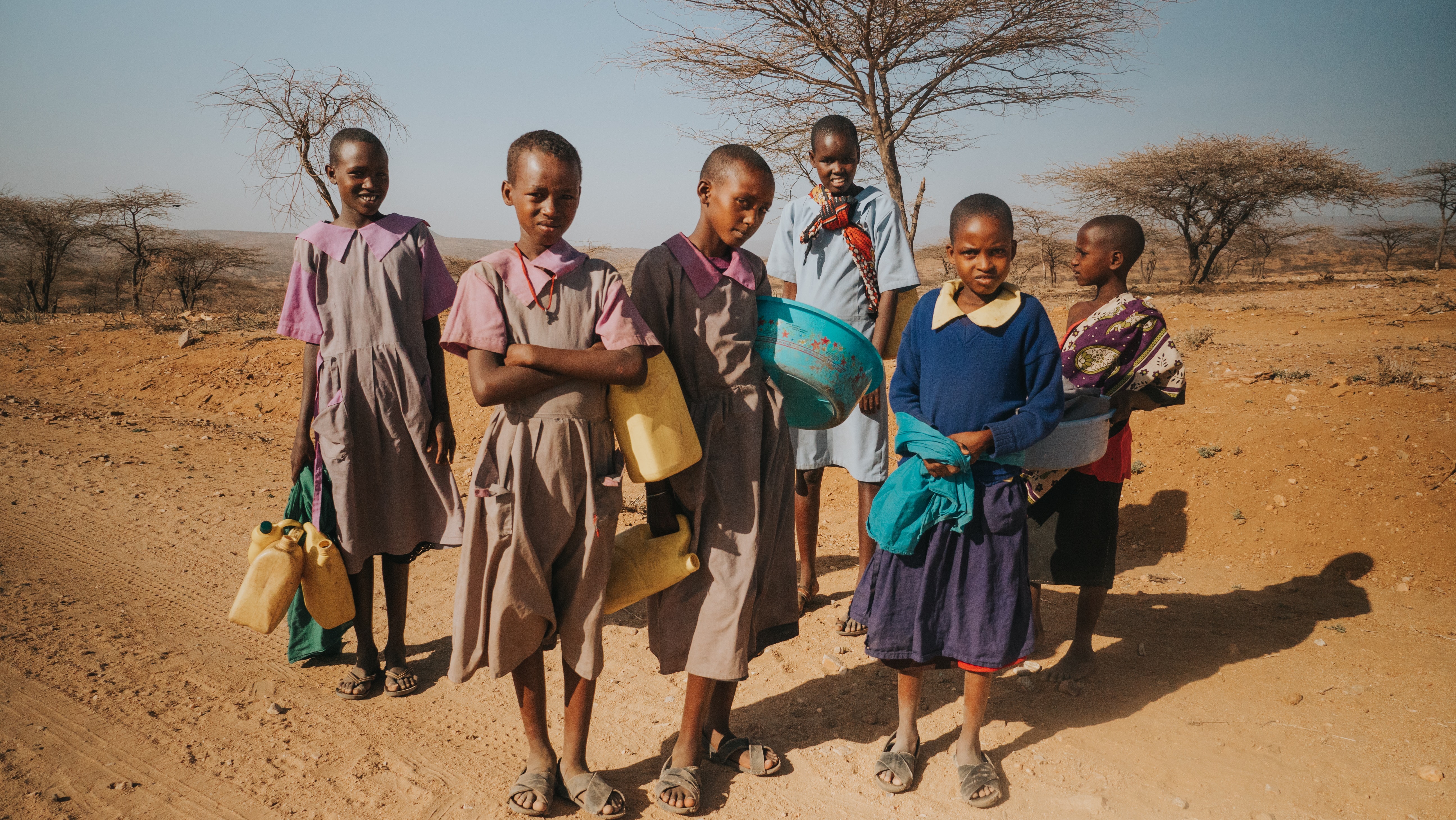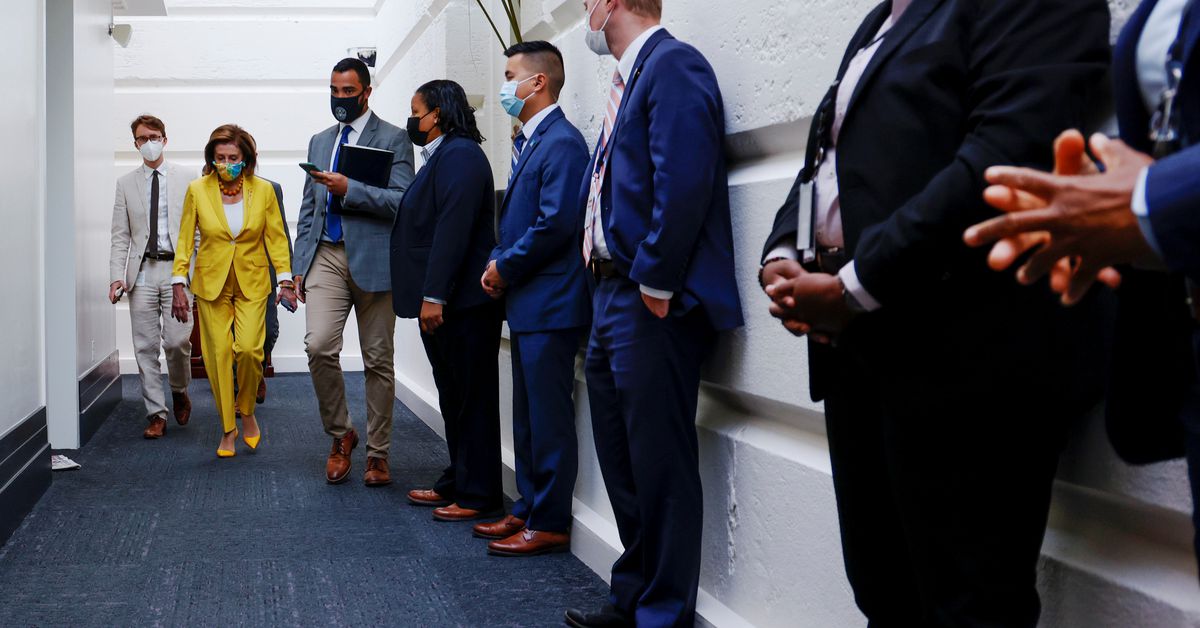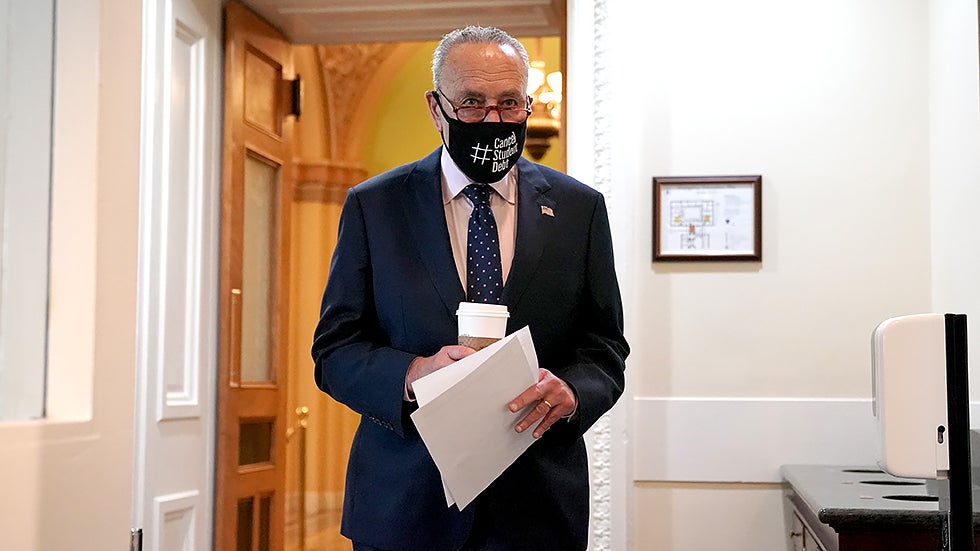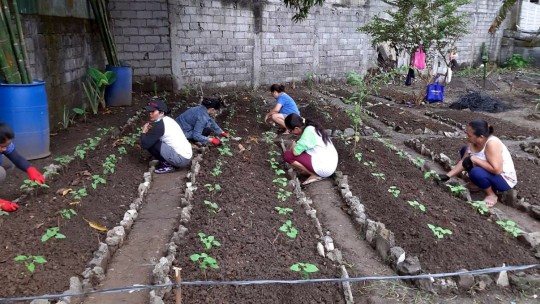Green Recovery from COVID-19
Public - visible to all visitors to the platform.
Open to join - users can join this group without approval.
About this Discussion
With alarming speed, COVID-19 has infected tens of millions of people worldwide and killed more than one million. It has impacted economies and changed people's lives, particularly the poor and vulnerable who are already disproportionately impacted by climate change and other environmental, social, and economic risks.
The virus has also become central to national policy and has halted business operations in ways that were unimaginable. The economic impacts of these efforts are likely to be felt for years to come.
In addition to responses from government leaders, who are calling for support to cope with the twin crises of public health and rebuilding economies in sustainable and resource-efficient ways, industry and finance stakeholders also have important roles. This includes generating innovative solutions for diversifying production portfolios, building business capacities for sustaining growth, and aligning institutional investors’ fiduciary duties and stewardship practices with long-term decision-making and sustainable value creation.
Upcoming Events
Informative message
Green Recovery from COVID-19
Created a Post in Green Recovery from COVID-19, Climate Change, Industry and Social Innovation
Created a Post in Climate Change, Green Recovery from COVID-19
Created a Post in Cities and Urban Development, Green Recovery from COVID-19, Natural Capital
Created an Event in Natural Capital, Sustainable Finance, Green Recovery from COVID-19
Created a Post in Sustainable Finance, Green Recovery from COVID-19
Created a Post in Green Recovery from COVID-19
Created a Post in Green Recovery from COVID-19
Created a Post in Green Recovery from COVID-19
Created a Post in Climate Change, Sustainable Finance, Green Recovery from COVID-19
